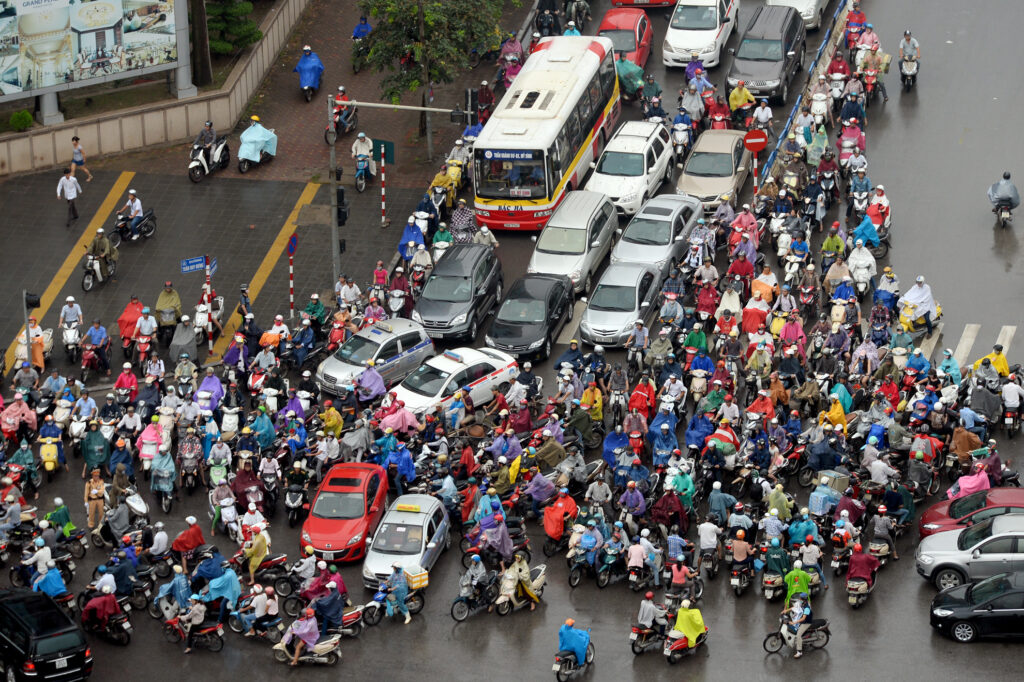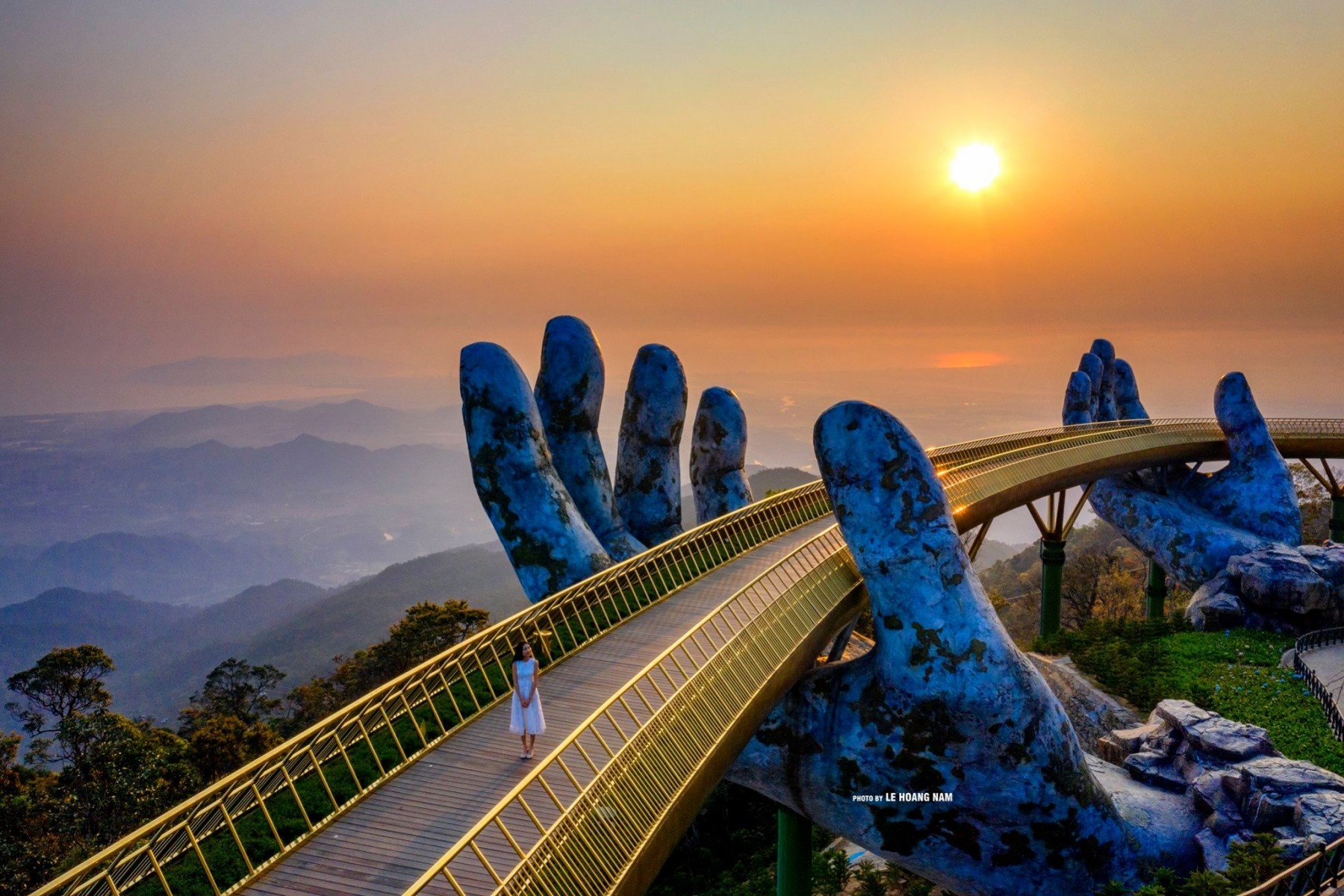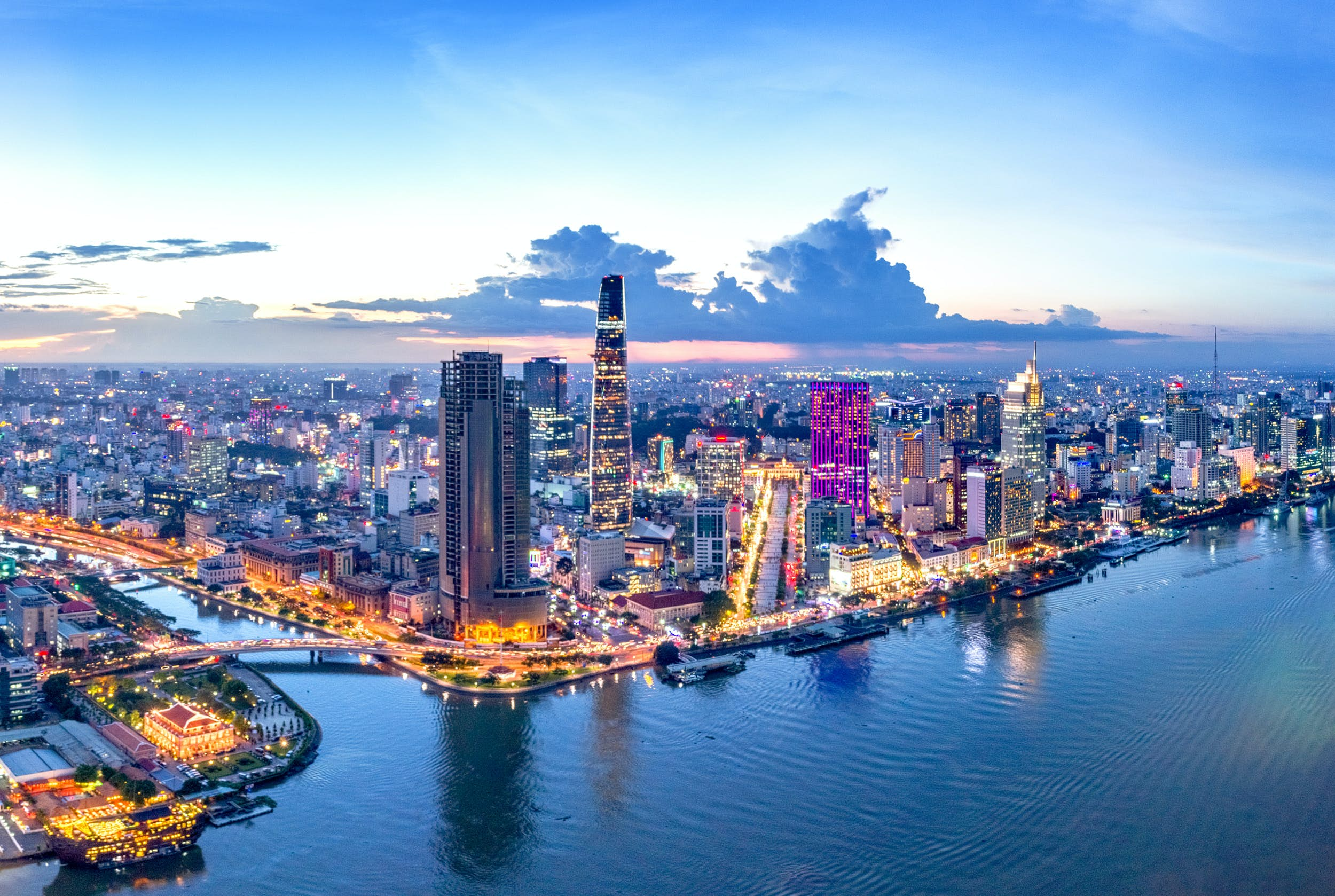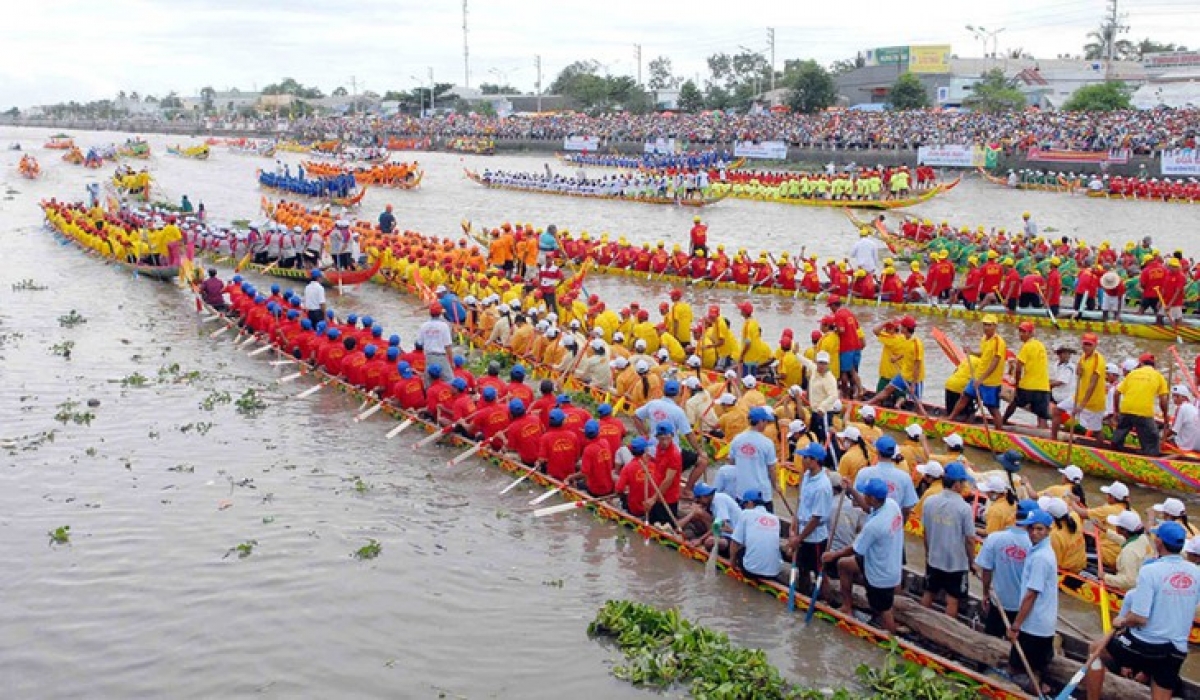How to Deal with Culture Shock in Vietnam
Traveling to Vietnam is an exciting opportunity to explore a vibrant culture, stunning landscapes, and rich history. However, like any international destination, Vietnam can bring moments of culture shock, especially if it’s your first time visiting Southeast Asia. Understanding how to navigate these experiences will help you appreciate your journey even more. Here are some practical tips for dealing with culture shock in Vietnam:

1. Embrace the Differences
Vietnam’s cultural norms and traditions may differ significantly from what you’re accustomed to. For example:
- Traffic and Transportation: The chaotic flow of motorbikes in major cities like Hanoi or Ho Chi Minh City can feel overwhelming. Crossing the street requires confidence and steady pacing. Drivers often weave around pedestrians, so trust the rhythm of the traffic.
- Communication Style: Vietnamese people value politeness and indirect communication. Don’t be surprised if locals avoid saying “no” directly. Instead, they might say “maybe” or “let me think about it.”
- Cuisine: Vietnamese dishes are incredibly diverse and flavorful, often incorporating fresh herbs, fish sauce, and exotic ingredients. Trying local street food might feel intimidating at first but is an essential part of experiencing Vietnam.
2. Learn Basic Vietnamese Phrases
While many people in urban areas speak English, especially in tourist spots, learning a few basic Vietnamese phrases can go a long way:
- “Xin chào” (Hello)
- “Cảm ơn” (Thank you)
- “Bao nhiêu tiền?” (How much does it cost?)
- “Xin lỗi” (Sorry)
A little effort in speaking the local language often earns smiles and appreciation from locals.
3. Respect Local Customs and Traditions
Vietnamese culture places high importance on respect and tradition. Be mindful of the following:
- Dress Modestly: While beachwear is acceptable at resorts, dress conservatively when visiting temples or rural areas.
- Remove Shoes: Take off your shoes before entering someone’s home or a temple.
- Behavior at Temples: Speak softly and avoid touching sacred objects.
4. Prepare for Climate and Environment
Vietnam’s climate varies by region but is generally tropical. Expect warm, humid conditions and occasional heavy rains. Pack accordingly:
- Light, Breathable Clothing: Cotton or linen is ideal.
- Rain Gear: A compact umbrella or raincoat is essential.
- Sun Protection: Sunscreen, sunglasses, and a hat will help you manage the heat.
5. Be Open-Minded About Food
Vietnamese food is a highlight for many tourists, but it can also be a source of culture shock:
- Street Food Etiquette: Don’t be afraid to sit on the tiny plastic stools and enjoy dishes like pho, banh mi, or bun cha.
- Exotic Dishes: Some specialties might include unfamiliar ingredients. Approach them with curiosity and an adventurous spirit.
- Tap Water: Avoid drinking tap water. Stick to bottled water or beverages from reputable establishments.
6. Understand the Local Etiquette
Interactions in Vietnam often have subtle nuances:
- Greeting Gestures: A smile and a nod are common greetings. Handshakes are less common, especially between men and women.
- Haggling: Bargaining is expected in markets, but always do so politely.
- Tipping: While not mandatory, tipping is appreciated in restaurants, for tour guides, and for exceptional service.
7. Stay Patient and Flexible
Adapting to a new culture takes time. If you encounter challenges, whether it’s language barriers or unexpected situations, approach them with patience and humor. Remember, these moments are part of the adventure and will make your trip more memorable.
8. Connect with Locals
Engaging with Vietnamese people is one of the best ways to overcome culture shock. Participate in local activities like cooking classes, guided tours, or cultural festivals. Building connections will enrich your understanding of the culture.
9. Educate Yourself Before the Trip
Learn about Vietnam’s history, traditions, and current events before you arrive. This knowledge will provide context for your experiences and help you appreciate the cultural nuances.
10. Seek Support if Needed
If you feel overwhelmed, take a break. Find a quiet space, talk to fellow travelers, or reach out to expat communities online for support and advice. Most tourists find that culture shock diminishes as they grow more comfortable in the environment.
Vietnam’s charm lies in its unique blend of ancient traditions and modern dynamism. By approaching your trip with curiosity, respect, and an open mind, you can turn moments of culture shock into opportunities for learning and growth. Enjoy your journey through this incredible country!
Start planning your tailor-made Viet Nam tour by contacting one of our specialists…

The Most Popular Articles






















